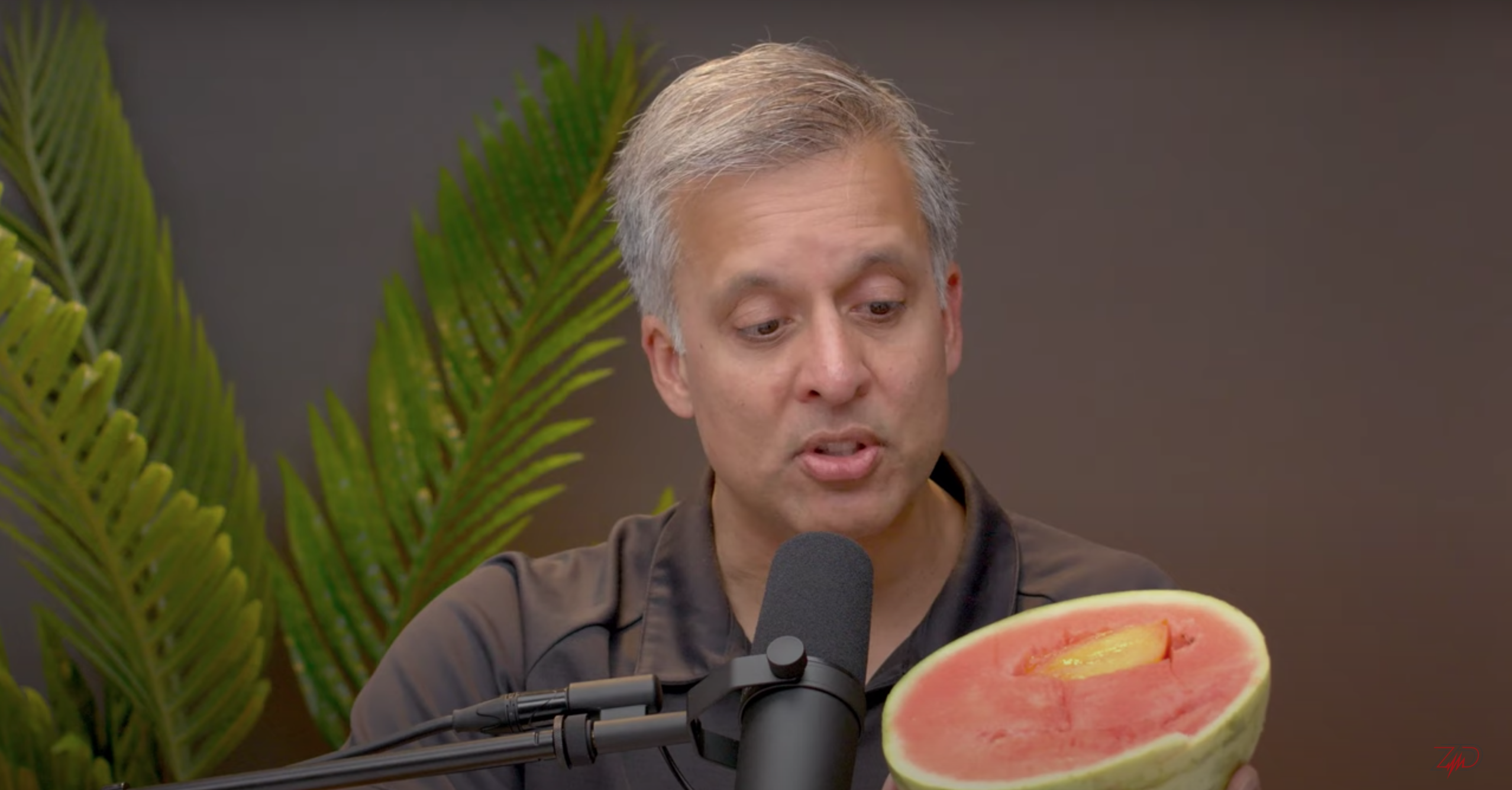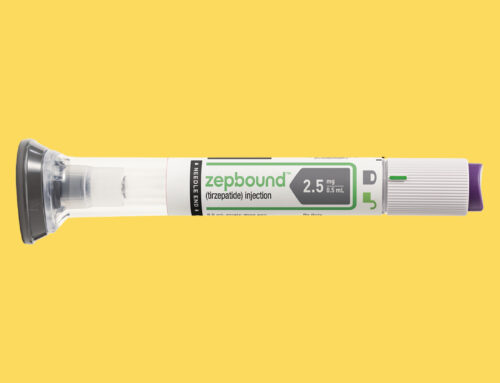Sometimes it’s hard to pinpoint good advice with all the talk about COVID-19 vaccinations, mutations, and everything in between. Though the prevention of COVID-19 is everyone’s primary focus, it’s essential to be realistic regarding the possibility of facing exposure. So, how do we best prepare our immune system for a possible COVID-19 infection?
Dr. Zubin Damania, MD, is an Internal Medicine Specialist and Clinical Assistant Professor of Medicine at UNLV School of Medicine (also known as ZDogg, M.D. on his YouTube channel). He tackles this topic in his video: A COVID Survival Guide (w/Dr. Ron Sinha) | Lifestyle Changes To Lower Metabolic Risk. You may not have an extra hour to delve into the content, so we gathered our top 5 takeaways from their advice.
1. Metabolic issues affect the functioning of our immune systems. Early on, Dr. Sinha (ZDoggMD’s featured guest, who specializes in internal medicine and is an expert on insulin resistance) breaks down how our cells work. He explains that, when thinking about how to get through a COVID-19 infection as smoothly as possible, “You have to think of it as a metabolic disease. When COVID-19 infects our body, what a lot of people don’t realize is it actually changes the way our cells perform metabolism.” (Dr. Ron Sinha 2:45).
What the heck does COVID-19 have to do with metabolism? We have trillions of cells, some of those being immune cells. Immune cells have their own metabolism, and they need to access their mitochondria (where a cell gets energy) to be most effective. If we’re dealing with metabolic issues (like too much calorie input without enough output), our immune cells won’t function at their full capabilities. By not giving our bodies the correct type of nutrients or conditioning our cells with proper exercise, we’re also creating an environment where an infectious disease like COVID-19 can thrive.
2. Covid-19 is sneaky and can shut down your cell’s ability to utilize the mitochondria. If our cells cannot get their preferred fuel source from the mitochondria, they then have to use the glucose outside of the cell to generate energy. Doing so can create problems, especially if your cell doesn’t have a lot of practice.
If you’ve ever experienced the feeling of extreme fatigue after overexerting yourself during exercise, that’s because your workout shut down or minimized your cells’ mitochondria communication. Your body started utilizing other options to deliver energy (like the outer glucose). COVID-19 also impacts your body’s ability to access its preferred fuel source, which is why people often experience such lengthy recovery times. By incorporating more frequent exercise into your daily life, you may be giving your body the tools it needs to bounce back from an infection like COVID-19 efficiently.
3. Sedentary cells can impact metabolic flexibility. Metabolic flexibility is your cell’s ability to adapt to changes in fuel. If cells spend most of their time as sedentary (meaning they don’t have to work very often or very hard to access their energy), when something like COVID-19 attacks those immune cells, they’re not prepared to deal with or recover from that attack. If those same cells are comfortable acting in a metabolic state, they’re more prepared to karate chop that attacker in half and send it on its way.
Can you teach sedentary cells metabolic flexibility, allowing them to act in a metabolic state? Yes! Adding in more daily activity will prepare those cells for the possibility of movement. The more they’re prepared for that possibility, the better-equipped cells are to handle changes in their fuel sources (like if they can get into their mitochondria or if they need to use the outer glucose).
4. Staying active and eating healthy helps boost the immune system. There are ways we can turn ourselves into awesome little infectious disease fighters! ZDogg’s video is full of suggestions on how, and two of those are to make our cells happy by fueling them with nutrients and moving as often as possible. If you’re on a conference call, get up and pace around, do air squats, do anything you can that has your body switching from a sedentary state to a metabolic state.
ZDoggMD and Dr. Sinha suggest setting a timer while you’re trying to promote more frequent movement – aim for getting up and walking around or performing some exercise every twenty minutes. Soon, you’ll start to notice your body craving movement even before the timer goes off, a clear indicator that your cells are ditching their sedentary ways.
5. Managing stress and other negative emotions is important. “Your emotions affect your immune system.” (20:55, Dr. Sinha). This quote is powerful to pick apart, and it’s worth checking out the timestamp above of the video to get the full explanation. Essentially, your body will react to stress, negative emotions, and rumination. You might look as cool as a cucumber, you might think no one can tell you’re upset, but your immune system can. You’ll still experience cortisol spikes and other chemical changes that are bad for your cells.
If we can train our “emotional brain” (Sinha, 22:15) to be less reactive, and if we can control those reactions, our physical health will reap the benefits. One suggestion Dr. Sinha gives—backed by a UCLA study—is to write down when you’re feeling stressed or overwhelmed by something. He points out it can be as simple as writing down a few words. Sure, it doesn’t solve the problem, but it allows you to release the pain so those emotions are no longer trapped inside you and let those chemical spikes dissipate.
These five takeaways are small glimpses into a lot of really great self-care tips to boost your immune system.
We can’t control COVID-19. We can control our information—we have the power to take the knowledge and resources available and use that to give ourselves the best chance possible at staying healthy. We enjoy ZDogg’s content and how he presents health information, but it’s critical to examine your online sources. Many other YouTube personalities are not MDs nor qualified to provide health recommendations. To ensure reliable sources, look for:
- Accredited medical degrees for the people giving advice
- Reliance on peer-reviewed research published in medical journals
- Information that aligns with recommendations from the CDC, NIH, Mayo Clinic, and other highly-respected medical institutions
It matters how we treat our bodies. Though we’re wearing masks and social distancing, let’s not forget the importance of making sure those bodies can run effectively by keeping them moving, feeding the correct type of foods, and giving them the gift of a relaxed and peaceful mind.
Watch ZDog’s full video below, and let us know what you think!






